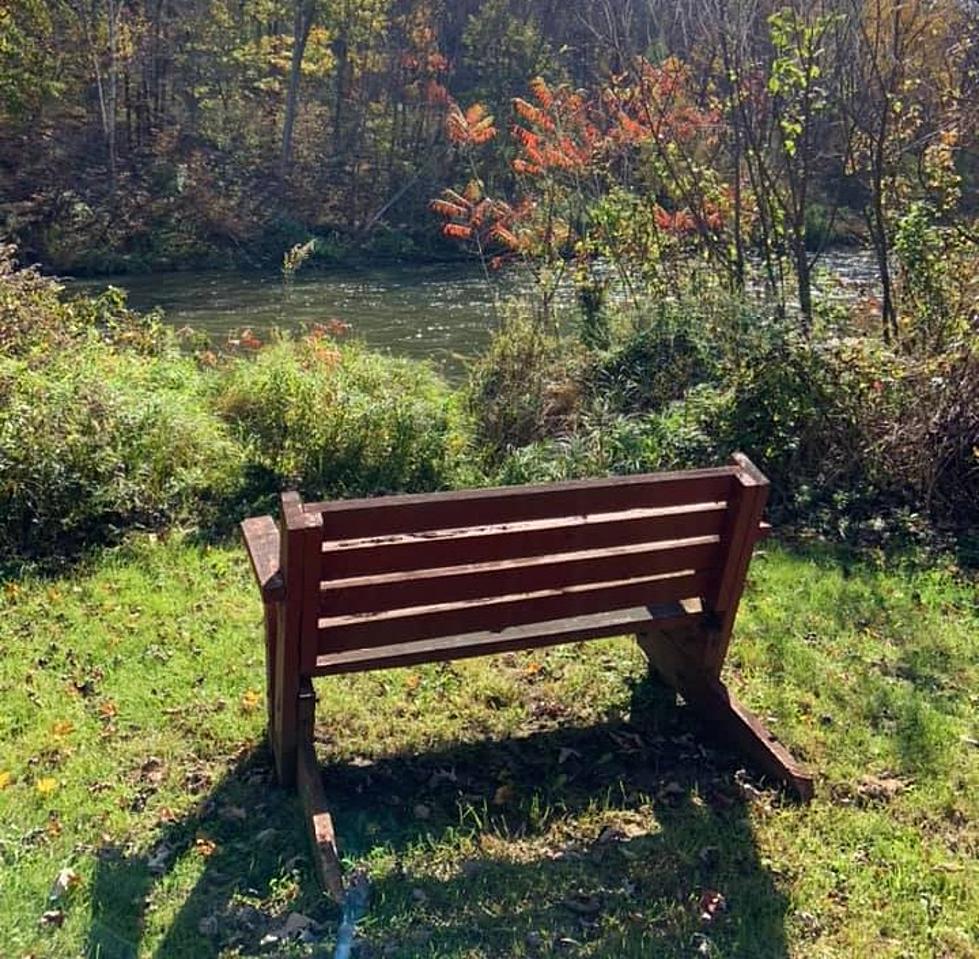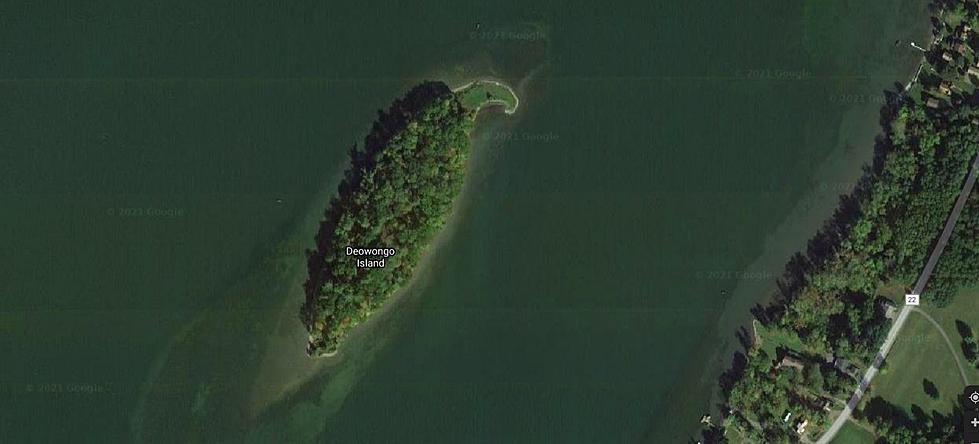
SUNY Oneonta Awarded Money To Stop The Spread Of Aquatic Invasive Species
The New York State Department of Conservation has awarded SUNY Oneonta’s Biological Field Station $2.2 million. Most of the money will be used to pay students to inspect boats and fishing gear with the goal of stopping the spread of aquatic invasive species in area lakes and rivers.
“The overwhelming majority of these funds is going into student’s pockets,” Paul Lord, SUNY lecturer and program administer, said in a CNY News interview. “Which makes all of us here exceptionally proud.”
Up to 25 watershed stewards will be hired for the 2022 season. Pay starts at $16 per hour. Individuals who work hard, demonstrate diligence and good performance have the potential to earn more. The remainder of the money goes to management overhead and equipment purchases. Priority will be given to inspect watercraft entering Otsego and Canadarago Lakes, and sites along the Susquehanna and Delaware Rivers.
Invasive species threaten the biodiversity of area waterbodies. Nonnative plants and animals can spread quickly, displacing native aquatic life and create monocultures.
“We are definitely focused on both plants and animals,” Lord said. “This is a great opportunity for young scholars to become deeply knowledgeable about the threat posed by a whole slew of different invasive species.”
Lord has traveled the world and in recent years has seen the destruction invasive plants and animals cause to the environment. “That’s a big loss to us, that loss of biodiversity, that specialness, that sense of place," Lord said.
Read More! 10 Of the Best & Beautiful Afternoon Drives in Upstate New York
Read More! Belly Up To The Bar at Upstate New York's Best College Bars
13 Ways to Make Your Next Trip to Saratoga Perfect
The 12 New York Towns That Lost the Most People in the 2020 Census
Where To Find 10 Breathtaking Views of Upstate New York
More From WDOS-WDLA-WCHN CNY News









